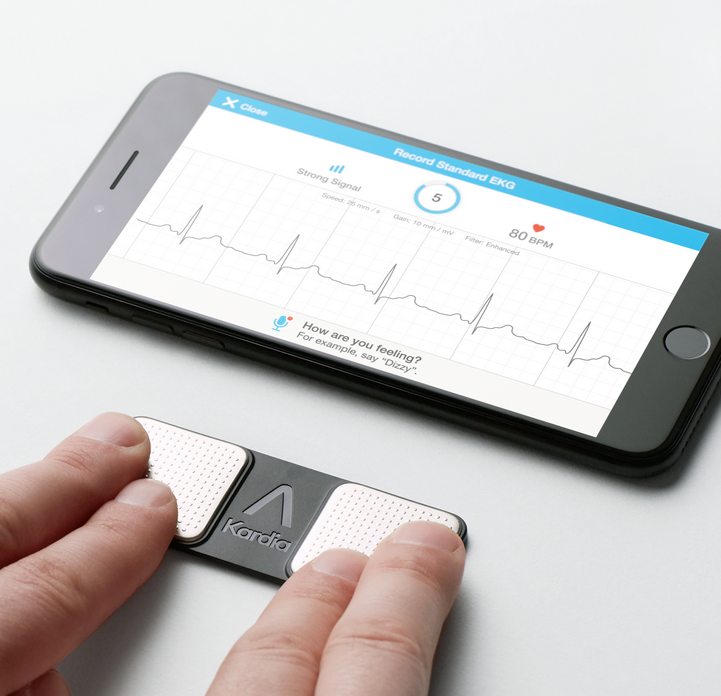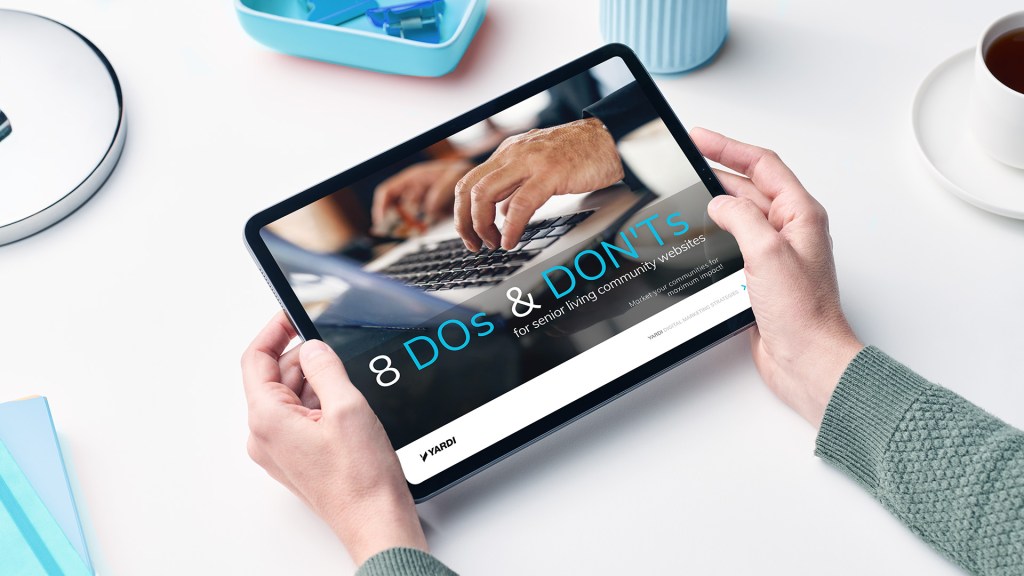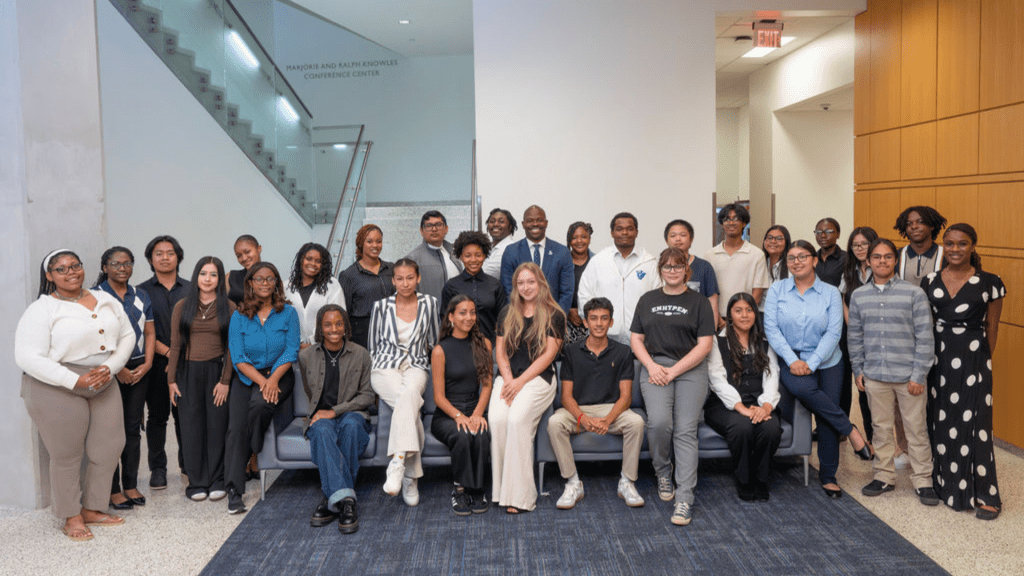By Cutright Elizabeth on April 20, 2017 in Technology
Ruthless and unbiased, heart disease kills 610,000 people per year in the United States, amounting to one out of every four deaths in the country. A leading cause of death across both genders, the CDC estimates that over half of the nation’s deaths can be attributed to heart disease. Doctors say early detection is key, by the time significant warning signs like chest pain and shortness of breath are detectable, it might already be too late. Unfortunately, for many Americans, a trip to the doctor’s office can be complicated and costly.
half of the nation’s deaths can be attributed to heart disease. Doctors say early detection is key, by the time significant warning signs like chest pain and shortness of breath are detectable, it might already be too late. Unfortunately, for many Americans, a trip to the doctor’s office can be complicated and costly.
But what if an EKG could fit inside your wallet? A new mobile EKG device can monitor cardiac health and track the early warning signs of hearth disease and stroke.
Mobile Monitoring
AliveCor, the makers behind Kardia, a mobile, pocket-sized EKG monitor, believe they’ve found a solution. A little smaller than a business card, the Kardia comes outfitted with two metal plates designed to receive basic information about the user’s heart, including heart rate, blood pressure and – most importantly – atrial fibrillation. Users simply place their fingers on the device and wait for the data to be transmitted to Kardia’s mobile app.
The focus on atrial fibrillation is significant because changes in this particular data set are often an early warning signs of stroke. Most hospital-grade EKGs measure 12 different aspects of the heartbeat, but focusing on atrial fibrillation, AliveCor was able to shrink their mobile electrocardiogram down to a gadget that easily fits in the palm of your hand.
“[It is] the most common arrhythmia, the one that we need to detect, doesn’t need all 12 EKG leads,” AliveCor CEO Vic Gundotra tells Wired. “And it’s not invasive at all, it’s just like brushing your teeth every day.”
Comprehensive Reports
The Kardia works in conjunction with a mobile subscription that records heart-related statistics along with weight, blood pressure and medication. A premium subscription for $9.99 a month includes unlimited storage and historical data to track heart health over time in order to detect any changes that could be warning signs of a more serious issue. Monthly reports can be shared with the user’s physician as well. Gundotra likens it to “a check engine light for your heart.”
“Thousands of EKGs, the neural network says 100 percent, this is the same person, and then boom,” Gundotra explains. “In November, it says, ‘This does not look like the same heart anymore.’ This person developed right bundle branch block. Your heart has a bunch of electrical branches, and his right bundle got blocked. When would that be caught today? At your next visit if your cardiologist happened to do an EKG. We caught it the night his heart changed.”
Big Data Detection
Harnessing the power of artificial intelligence, the Kardia uses a four-layer-deep neural network to record and analyze user data. After about a month’s worth of use, the device builds a hearth profile, using a data-driven model to detect any anomalies. The FDA has already cleared the Kardia, noting the device has a 98% sensitivity and a 97% specificity for detection of atrial fibrillation.
With a price tag of $100, the makers of Kardia believe their 3.5×1.5 inch device could become as essential and ubiquitous as the common household thermometer.
“What I find so compelling about Kardia is how it empowers my patient, making them much more proactive in their own healthcare,” said Dr. Theodore Takata, cardiac electrophysiologist, in a press release announcing the Kardia’s debut. “Reviewing data this quickly also lets me make important medical decisions, accelerating the time to diagnosis and avoiding unnecessary healthcare utilization.”
“I use my Kardia mobile device daily!” Gundotra recently declared in an interview with Medgadget. “My family has a history of cardiac issues, and while I’m in great health, I use my Kardia device to give me peace of mind and track my heart health over time.”
“Heart disease is the world’s number one killer of men and women. Yes, more than even cancer. Building tools that can help save lives from this killer is an important pursuit and one I’m personally very passionate about!”


